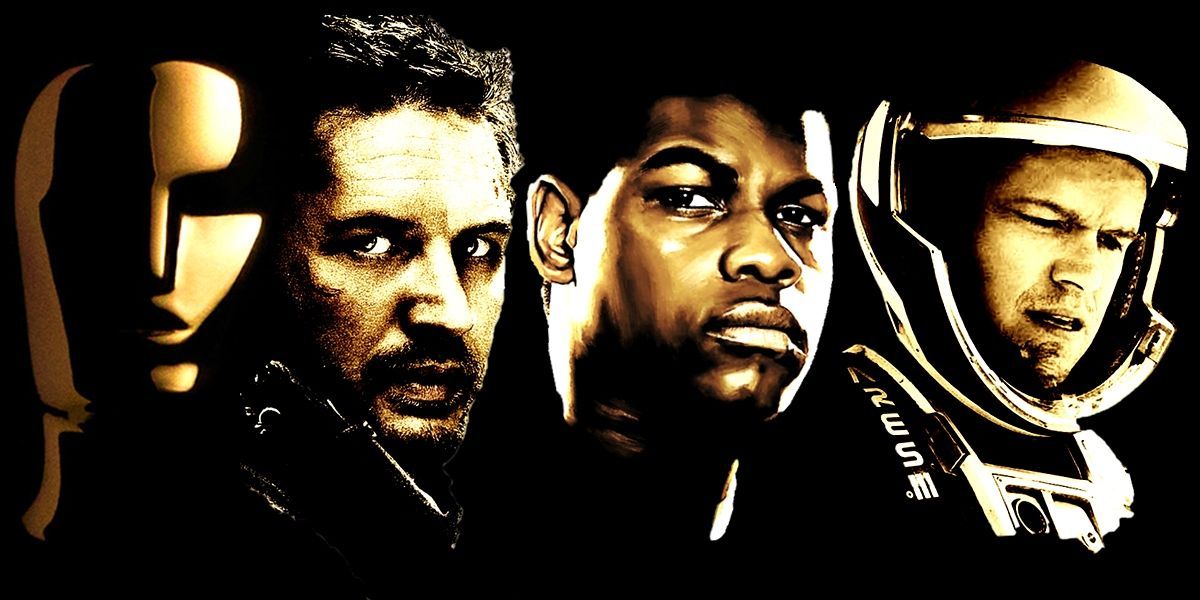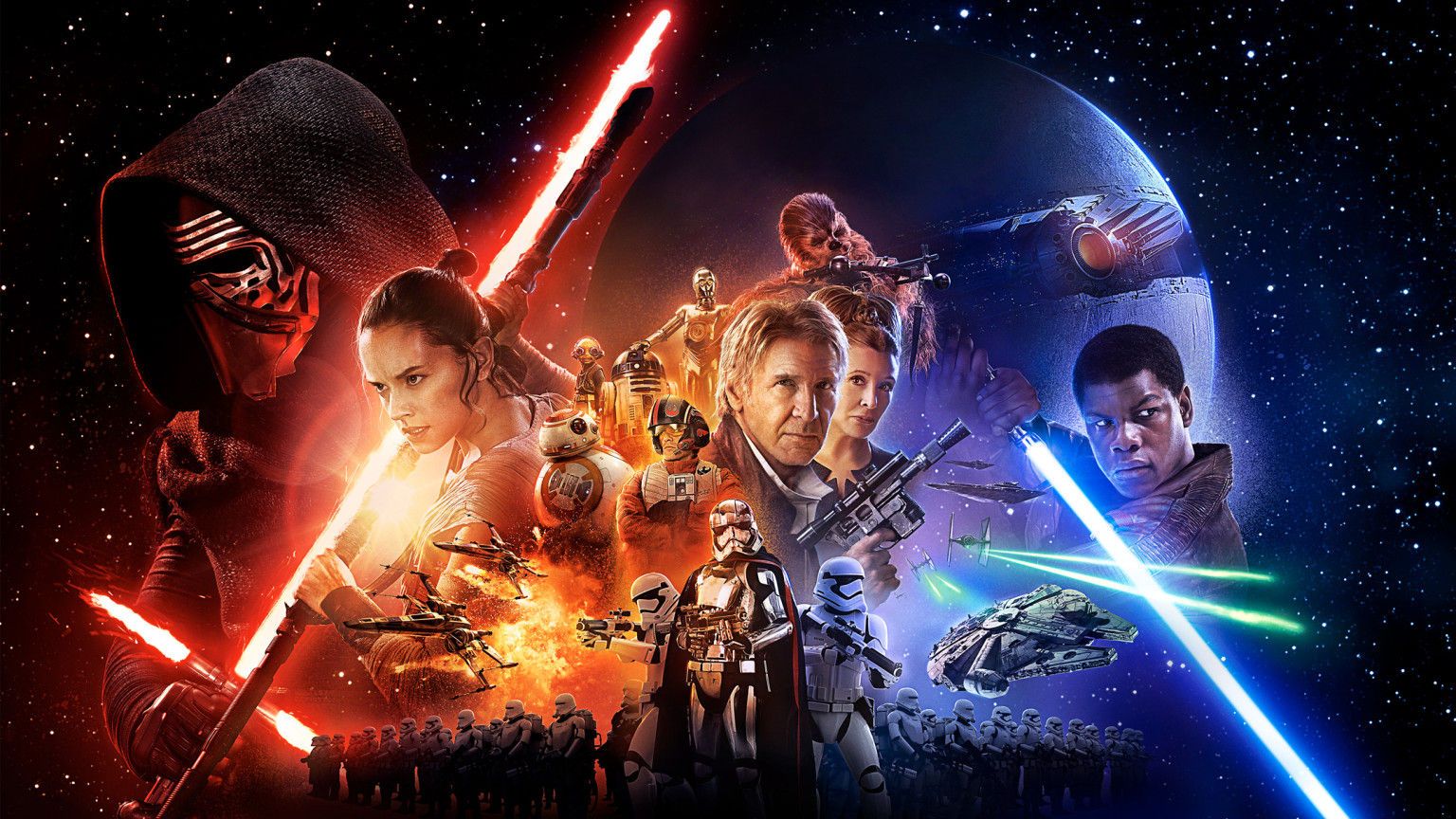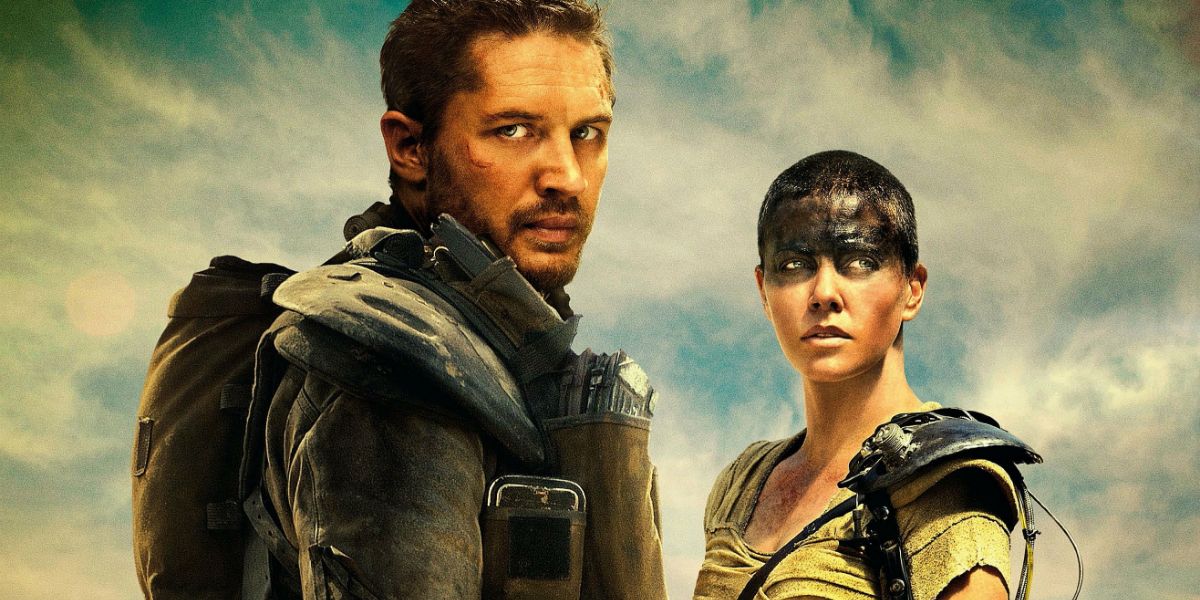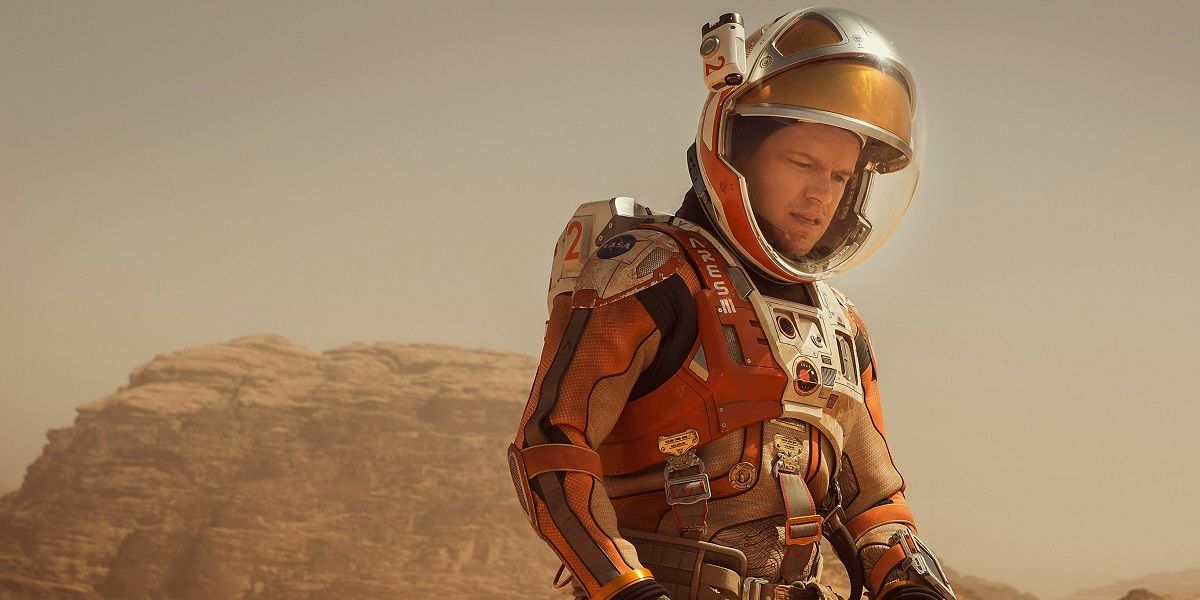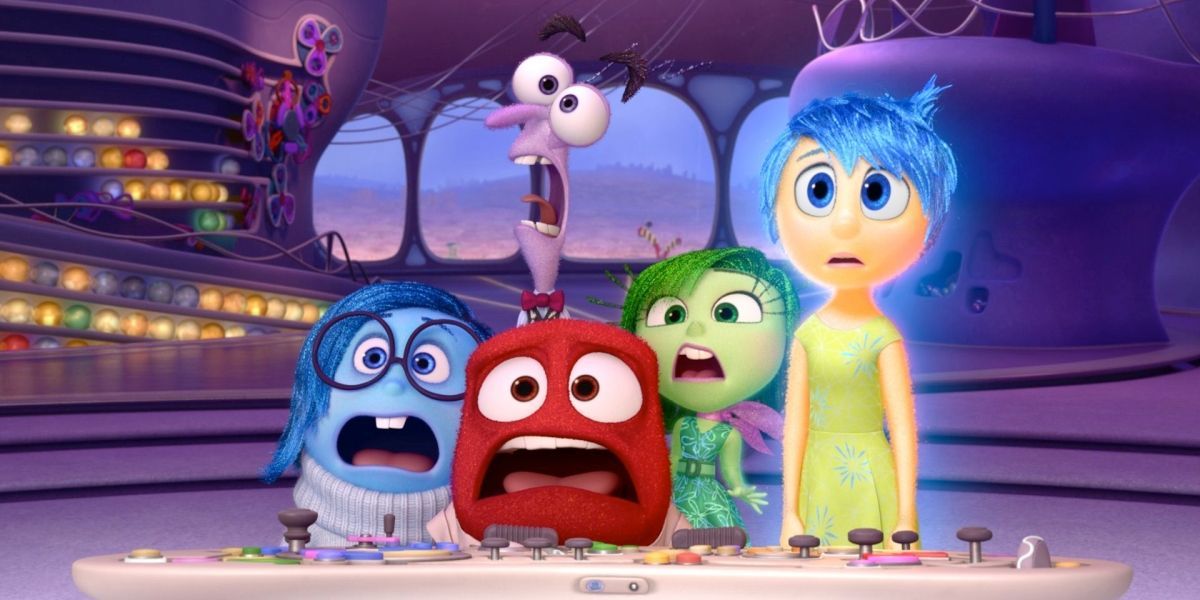The night of the Oscars telecast is thought of as Hollywood's biggest night, but that decidedly was not the case this past year, when the Academy Awards show scored the lowest TV ratings in six years. Perhaps the biggest culprits behind that dropoff were the Best Picture nominations; Clint Eastwood's American Sniper was the only one to gross $100+ million at the domestic box office. Films like Birdman, Boyhood, and Whiplash all have their fans, but they were not projects that drew in big crowds. The limited appeal of the movies being honored made it difficult for a majority of the general public to care.
It became clear that the Oscars would have to do something to mix things up, so they could avoid a repeat of last year's low turnout. Fortunately, the big studios have given the Academy a golden shot at redemption in 2015, since several of the year's high-profile films have also ranked among the best reviewed works of the year. And they've already started to make noise on the awards circuit.
Popular films such as Mad Max: Fury Road, Inside Out, The Martian, and Star Wars: The Force Awakens have all earned recognition from organizations like the National Board of Review, the American Film Institute, and the Broadcast Film Critics Association (among others). Due to their heavy presence in the Oscar precursors, some fans are hoping that this is the year the blockbuster breaks through and a few (or all) of these movies find themselves in the Best Picture lineup when the Oscar nominations are announced in January.
It would be fun to see Furiosa, Joy, Mark Watney, and Rey crash the usually snobby Academy Awards, but should the Oscars go mainstream? Let's examine the situation.
The Reason for the Expanded Field
In 2008, the Academy infamously snubbed Christopher Nolan's The Dark Knight in the Best Picture field, causing an uproar that led to the group changing their guidelines. In 2009, they announced that there would be 10 Best Picture nominees, which would allow more "commercial" work a chance to be included. The following years saw major hits like Avatar, Inception, and Toy Story 3 compete for the Academy's top prize. And while they didn't win, it was still nice to see them recognized.
Beginning in 2011, the Academy instituted a "sliding scale" lineup for Best Picture, where anywhere between five and 10 films can be nominated (it depends on the number of first place votes). Since that time, they've never had a full slate of 10, but mainstream works like Django Unchained, Silver Linings Playbook, The Wolf of Wall Street, and others found their way to the ceremony, which in turn helped the Oscars earn high TV ratings. It could be argued that 2014 was an anomaly. In 2012, for instance, six of the nine Best Pictures grossed over $100 million, and Zero Dark Thirty was right there with $95.7 million.
At the same time, 2014 featured some rather odd snubs. Some of the most talked about movies of the year - Dawn of the Planet of the Apes, Gone Girl, and even Nightcrawler - were largely passed up for other selections. This isn't to take anything away from the films that were nominated (they all have their merits), but it seems hypocritical for the Academy to ignore films that received substantial buzz so they could honor more of the typical "Oscar films" that most moviegoers do not see. It's also strange that there hasn't been a field of 10 since 2010, even though there are more than enough films worthy of a nomination (last year saw only eight movie get Best Picture nods).
The expanded field gives the Academy leeway with the kinds of movies they nominate. Even if Mad Max, Inside Out, The Martian, and The Force Awakens all make the lineup, that still leaves as many as six slots open for "smaller" films such as Spotlight, Room, and Carol. Even if Star Wars 7 has little chance of winning Best Picture, having the year's biggest movie event be a major part of the show (outside of the technical categories) would bring a much-needed boost in viewership. After all, the point of the Oscars is to celebrate the past year in movies, so why would they omit some of the most beloved ones?
Finding the Right Balance
The Oscars have a tricky tightrope to walk. They want to increase TV ratings for their annual telecast, but they are also known for honoring the "best" films (which, of course, is extremely subjective). The Academy is very prestigious, so they last thing they want is to be accused of pandering to the "MTV crowd" by rejecting a couple of heartfelt indies to make way for some commercial films that are not in need of the raise in awareness an Oscar nomination brings. But that's missing the point.
Nobody's saying that Transformers: Age of Extinction or The Hobbit: The Battle of the Five Armies should be getting Best Picture montages on Oscar night. Critical reception is still the key prerequisite for Academy recognition. Most moviegoers wouldn't complain if Mad Max and The Martian got in because they liked those movies and they were actually great films with incredible technical achievements and powerful messages. There would be a vocal minority (there always is) bemoaning the Academy's loss of integrity and their succumbing to the demands of the mob. But ironically, the Academy could gain more credibility if they loosened up and had a little bit of fun when handing out their nominations. And really, it wouldn't be anything out of the ordinary.
In the past, the Oscars have been open to inviting some big time blockbusters. Jaws, Star Wars, Raiders of the Lost Ark, E.T. - The Extra Terrestrial, and all three installments of The Lord of the Rings trilogy managed to crack the Best Picture lineup in years of five. Yes, there are a number of industry changing tentpoles that didn't join those ranks, but it shows the Academy isn't as allergic to big studio fare as some would believe. Few would deny that the movies listed in this paragraph were deserving of the nominations they received, since they all in a way had a profound impact on Hollywood and audiences, representing the magic of cinema that so many people hold dear.
As stated at the top, the likes of Mad Max, Inside Out, The Martian, and Star Wars 7 have already left an impression on several awards voting bodies. If the Academy wants to combat the stigma that they are "out of touch" with the general public, they would be wise to include as many of these as they can. Ignoring 2015's crop of critical darling blockbusters after all the attention they received would thus be an oversight on the Oscars' part. With as many as 10 spots available, there's room for all kinds of movies to take part in the celebration. It's up to the Academy to make it happen.
Conclusion
So should the Oscars go mainstream? The honest answer is that it depends. In a year like 2015, where so many huge films left their mark, the Academy should be more open to bringing in those scary commercial films. As film buffs reflect on the year in movies, Mad Max, Inside Out, The Martian, and Star Wars 7 are going to be some of the ones they think of first. Seeing them on Oscar night would encourage fans to tune in as the industry tips their hat to them.
It can be argued that every year features at least one typical "tentpole" picture that garners widespread critical acclaim and should get in - even if it's just as the "token blockbuster." Whether the Oscars need to expand their horizons or inject some fresh blood with different tastes is a discussion for another day. But when so many other major awards groups are nominating some of the year's biggest movies, the Academy almost needs to follow suit or they'll become even more irrelevant.

